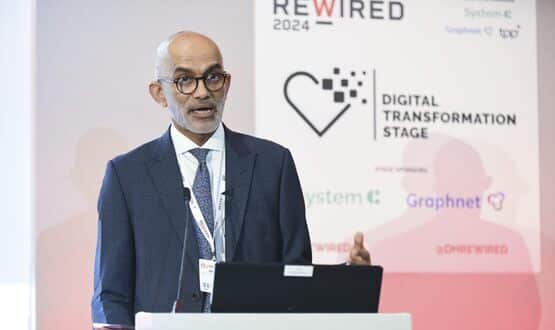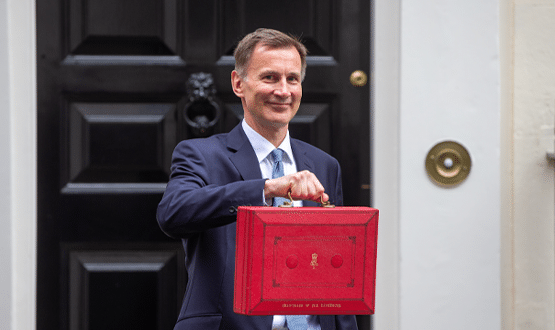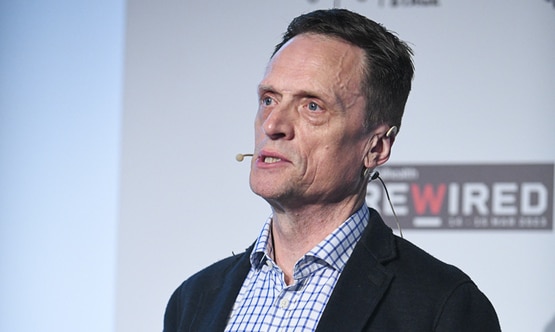Info revolution to transform NHS
- 5 June 2013

The promised ‘NHS information revolution’ could be the biggest driver for change in the health service, NHS Confederation chief executive Mike Farrar has told the organisation’s conference.
Giving the first keynote speech at the event in Liverpool, Farrar said the NHS was under immense strain. A quarter of respondents to the organisation’s annual survey said the financial situation was "the worst they have ever seen" and pressure was showing up in over-stretched A&E departments.
In response, he urged managers and politicians to step-up and make some of the reconfiguration and integrated care changes that have been talked about for many years, but not carried through.
Farrar said the NHS Confederation would support change, not least by putting money into the system.
This week, it will launch an equity fund that could be worth up to £250m to support the development and spread of innovations, including IT systems.
He also argued that the NHS transparency agenda would help to make the case for change that, at the moment, was often hotly contested locally.
"The most important thing to come out of [the] Francis [report into the scandal at Mid Staffordshire NHS Foundation Trust] is the call for transparency," he said.
"Transparency is a great thing. It will expose variation [and] that will make the case for reconfiguration more effectively than years of public consultation.
"At the moment, people assume that if they go somewhere with NHS over the door, they will get the same quality everywhere. That is not true, and to get closer [to that ideal] we will need to make change."
Farrar argued that the transparency agenda would also empower patients to look after their own health, and empower staff "by giving them the information they need to help their patients."
The NHS had been on a "roller coaster" since last year’s conference – starting the year by "jumping up and down on beds at the Olympics" but then being "brought down to earth" by the Francis report, he said.
Overall, Farrar said the NHS urgently needed a new ten year plan, drawn up by NHS England in consultation with local organisations, backed by regulators, and aligned with business and financial imperatives, such as the NHS tariff.
He also urged regulators and policy makers to bring "clarity" to when market forces should and should not be used in the NHS.
In a move that is likely to upset medical bodies, he suggested that failing organisations should have the first pick of top medics, on the model of low-ranking American Football teams getting the first pick of the draft.
Farrar concluded that the most important quality that NHS managers needed to cultivate was "optimism". If they were confident that the NHS had a "bright and sustainable future" – it will have, he argued.




